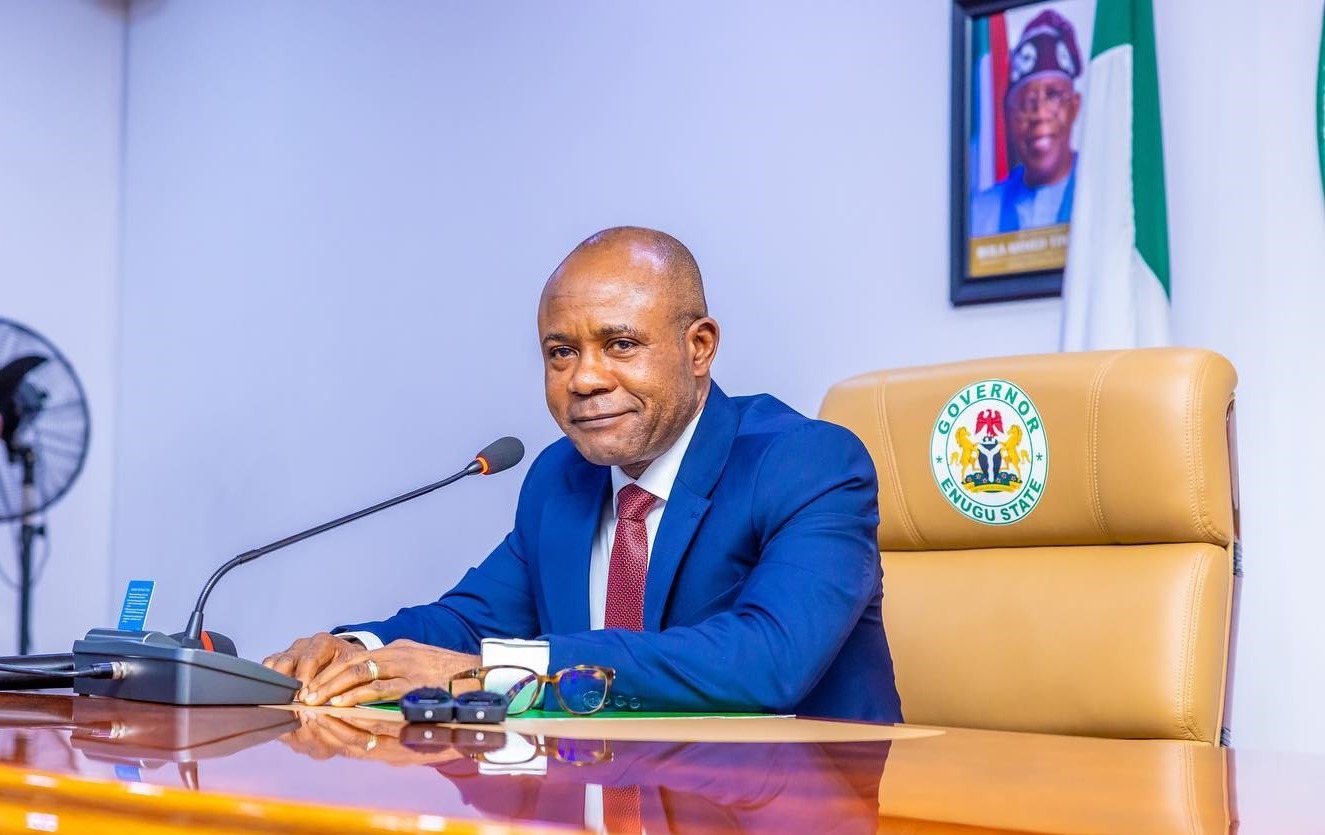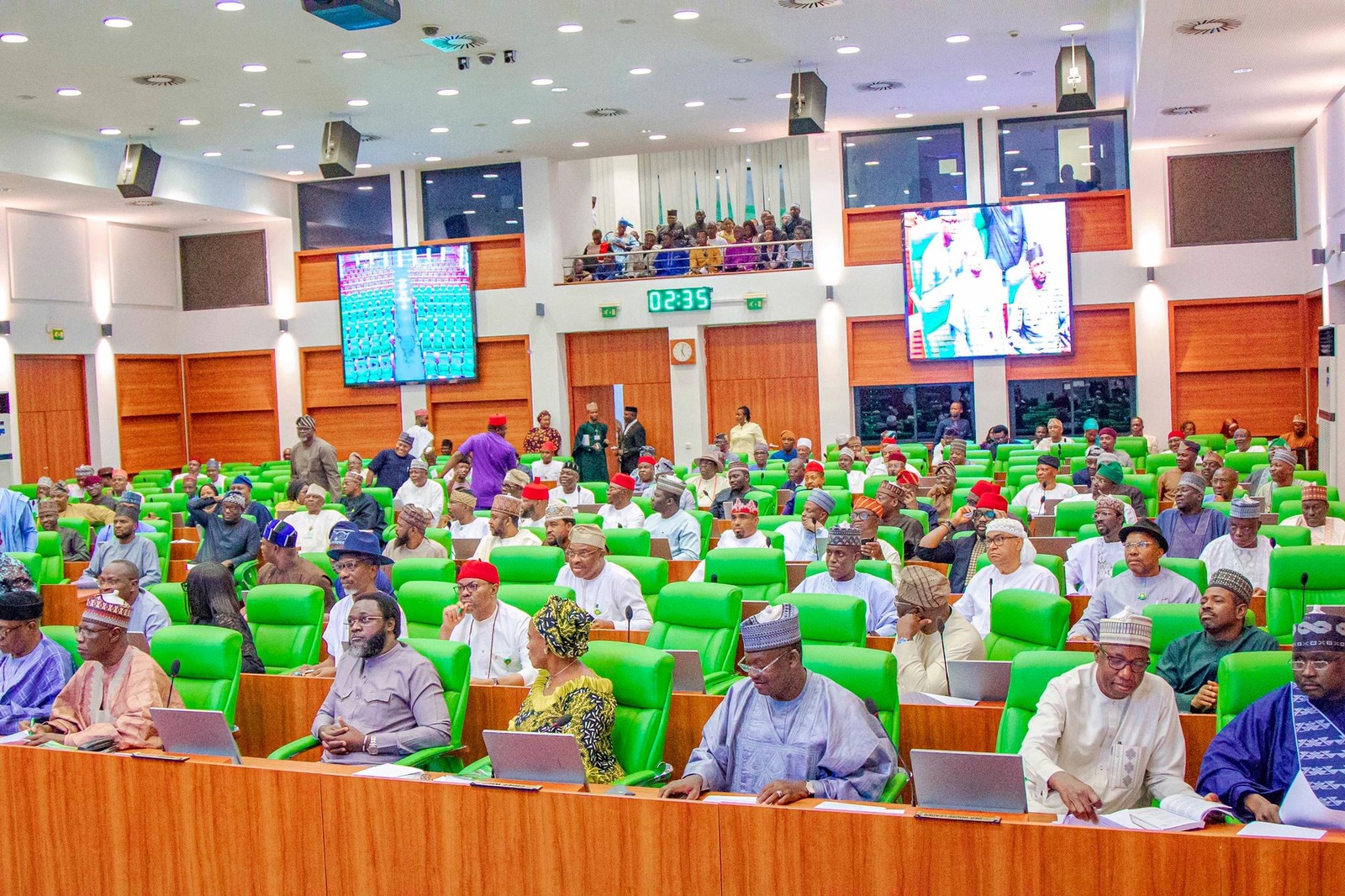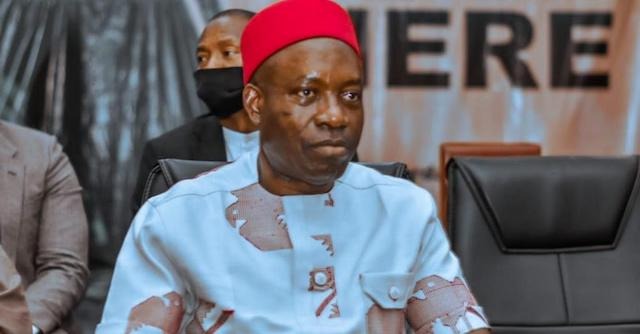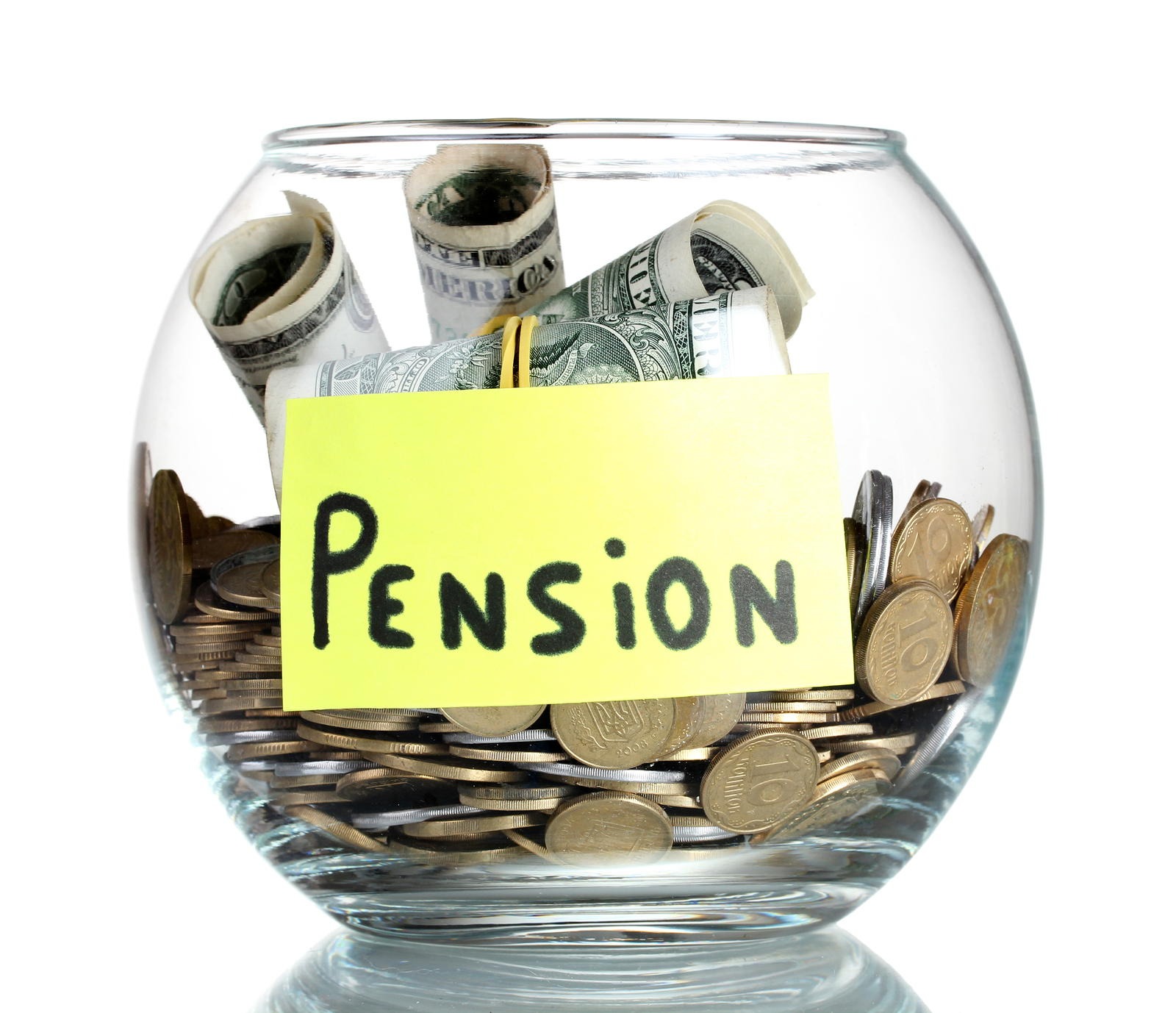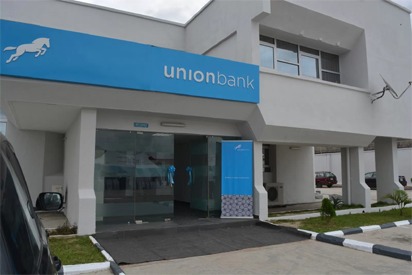Abuja — The House of Representatives has retained Value Added Tax, VAT, at 7.5 per cent and rejected a staggered increase to 15 per cent by 2030 as proposed in the Tax Reform Bills being debated at the National Assembly.
The House also rejected the proposed reintroduction of inheritance tax under the guise of taxation of family income.
Meanwhile, the Nigerian Chamber of Commerce Industry Mines and Agriculture, NACCIMA, said it would await details of what was approved before making any comment.
On its part, the Movement for Socialist Alternative, MSA, a member of the Joint Action Front, JAF, the umbrella body of pro-people civil society organisations, CSO, urged Nigerians not to yet.
Submitting the report during plenary in Abuja, yesterday, the Chairman of the House Committee on Finance, Mr. James Faleke said that the report “represents an extensive review of the Bills carried out by the committee, with careful consideration of public input.”
The bills include four distinct pieces of legislation aimed at overhauling Nigeria’s tax framework — the Nigeria Tax Bill, the Nigeria Tax Administration Bill, the Nigeria Revenue Service (Establishment) Bill, and the Joint Revenue Board (Establishment) Bill.
Key changes
The key changes made to the three major bills include: The Nigeria Revenue Service Bill, the Joint Revenue Board (Establishment) Bill, and the Nigeria Tax Administration Bill includes.
Nigeria Revenue Service Bill
Significant amendments were made to Section 4 of this bill, which defines the functions of the Nigeria Revenue Service, NRS. The committee limited the NRS’s scope to exclude individual taxpayers in states and the Federal Capital Territory, FCT, shifting their focus to federal-level revenue.
The composition of the governing board was also revised. Section 7 now requires the board to include six executive directors, appointed by the president from each geo-political zone on a rotational basis. Additionally, one representative from each state and the FCT will sit on the board to ensure proper federal character representation.
Section 13 introduced new qualifications for the Secretary to the Board, who must be a lawyer, chartered accountant, or chartered secretary at the level of Assistant Director or higher. Amendments to the funding of the NRS introduced a fixed cost-of-collection rate of four per cent of total revenue, minus royalties, to be appropriated by the National Assembly.
Moreover, the NRS’s borrowing powers (Section 28) were tightened, requiring approvals from both the Federal Executive Council and the National Assembly before any loans can be secured.
Joint Revenue Board (Establish-ment) Bill
The Joint Revenue Board Bill saw adjustments aimed at improving oversight and transparency. Section 25, which previously outlined qualifications for Tax Appeal Commissioners, removed the requirement for commissioners to have experience managing businesses, which the committee deemed irrelevant.
The committee also emphasized the independence of the Tax Ombud’s office in Section 43 by funding it directly through the Consolidated Revenue Fund, eliminating gifts or grants that could introduce biases. Similarly, provisions were made for additional office expenses under Section 44.
The committee further introduced new regulations to ensure that the Evidence Act is strictly adhered to during tax appeal proceedings.
A significant change was the establishment of independent funding for the Tax Appeal Tribunal, TAT, freeing it from dependence on the Federal Inland Revenue Service, FIRS, to avoid conflicts of interest.
Nigeria Tax Administration Bill
Several practical amendments were introduced in the Nigeria Tax Administration Bill to enhance efficiency. Section 7 extended the timeline for issuing taxpayer identification numbers (Tax IDs) from two working days to five, allowing room for administrative delays. Additionally, a reduction in the timeline for companies ceasing operations to file their income tax returns (Section 11) from six months to three was introduced to prevent revenue loss.
The VAT system was also revised (Section 22) to ensure that taxable supplies are attributed to their place of consumption, irrespective of where returns are filed, addressing concerns of regional imbalances.
The committee introduced a VAT fiscalisation system (Section 23), requiring the development of further regulations to ensure the system’s effectiveness.
Amendments were made to the reporting thresholds for banking transactions (Section 28), raising them from N25 million to N50 million for individuals and from N100 million to N250 million for corporate entities.
Section 60 mandated court orders before the tax authority could seize movable assets, reinforcing the need for judicial oversight.
One of the most notable additions is the mandatory provision of access to electronically stored taxpayer information (Section 61), in light of the increasing shift from manual to electronic storage.
The committee also amended Section 77, introducing a new formula for distributing VAT revenues to local governments, ensuring that 70 per cent is distributed equally and 30 percent based on population.
Other Bills and general amendments
Other key amendments include maintaining the VAT rate at 7.5 per cent, despite initial proposals to increase it gradually to 15 per cent by 2030. The committee also made changes to income tax provisions for petroleum operations (Section 78), setting the tax rate for petroleum gains at 30 per cent instead of the previously higher rate of 85 percent.
Provisions related to excise duties were deleted across various bills due to concerns about their economic impact.
The committee also addressed definitions related to small companies, raising the turnover threshold for their classification to N100 million while maintaining the asset cap at N250 million.
New Penalties
New penalties were introduced for non-compliance by Virtual Assets Service Providers, VASPs, which include hefty fines and potential suspension of licenses.
While submitting the report, Faleke reaffirmed the importance of the Tax Reform Bills to Nigeria’s economic development. He said: “These Bills are critical to the implementation of a modern, transparent, and efficient tax system that will foster economic growth and improve revenue collection.
“During the retreat held from March 3 to 9, 2025, the committee reviewed submissions made by the public during the hearing. Representatives from key government agencies, including the Nigeria Export Processing Zones Authority, NEPZA, the National Agency for Science and Engineering Infrastructure, NASENI, the National Information Technology Development Agency, NITDA, and the Tertiary Education Trust Fund, TETFund, were also invited to provide further input.
“We carefully examined every submission to ensure that the public’s opinions were incorporated into the review process.” In addition, he said that the retreat involved a thorough review of existing laws proposed for repeal or amendment.
“The committee recommended amendments to various pieces of legislation, including the Companies Income Tax Act, CITA, Value Added Tax Act, VAT, Personal Income Tax Act, PITA, and the Federal Inland Revenue Service (Establishment) Act, among others. The Petroleum Industry Act, Nigeria Export Processing Zones Act, and Oil and Gas Free Trade Zone Act were also amended to reflect the proposed changes.”
The House of Representatives is expected to deliberate on the report in the coming weeks as part of its legislative process.
We await details of approval before comment — NACCIMA
President of NACCIMA, Dele Oye, which reacting to the development, said he would have to see the details of what was approved before making any comment.
His words: “I need to see what was approved. I cannot comment without details as we had alot of comments on the draft bill.”
Don’t celebrate yet, CSO advises Nigerians
Speaking through its General Secretary, Dagga Tolar, said: “We must not be in a hurry, to applaud this House of Representatives’ rejection of increase in VAT. It is not far reaching enough bearing in mind that this is only one feature of the Tax Reform Bill that aims to grasp more from the little never enough earnings of the working population, while granting a tax holiday to members of the billionaire club.
“Yes, the progressive VAT increases only adds more burden to the working population, members of the billionaire club who have their hands in the pie and bread buttered by the National cake have nothing to fear about VAT. Nearly all of their needs come via one direct or indirect link to the wealth of the country.
“It is the vast majority of the working population that are on their own, assailed by hunger, inflation, mass unemployment with poverty wages of N70,000 ($45) that is not even paid by all the states, and a majority of the private sector. Even at that, the current minimum wage has shrunk and is now lower than all previous minimum wages in its dollar value. The 2019 Buhari’s N30,000 with a dollar/N350 was $85. Go back to 1981 with minimum wage at N125 and a dollar/ N0.60k was $205.
“This is the pithole that the Tinubu regime continues to condemn us all into, refusing to make a break from Neoliberal capitalist dictations of the International Monetary Fund, IMF and World Bank that will not set us out to industrialise and compete with China, US and Europe. Not to forget, we run a rental economy. The ruling class has no interest in increasing the purchasing power of the working population. If this was the case, it would not be flying this Tax Reform Bill. The Babangida Book launch reveals to all of us that there is too much wealth in the hands of a few. What is their tax contribution to the coffers of the state?
“We cannot rely on the House of Representatives or the National Assembly or even the northern governors to provide a consistent opposition to VAT increase or the Tax Reform Bill. They are beneficiaries, we in the Movement for Socialist Alternative call on the Nigeria Labour Congress, NLC and Trade Union Congress of Nigeria, TUC, leadership demand a new minimum wage to march the rate of inflation immediately. Mobilise workers for one day warning strike in opposition to imposing new tax burden on workers. For a progressive tax that makes billionaires to pay more. To end the tax holiday granted to corporations. And for an emergency relief package of nothing less than a N100,000 for all workers and the unemployed in the country.”


